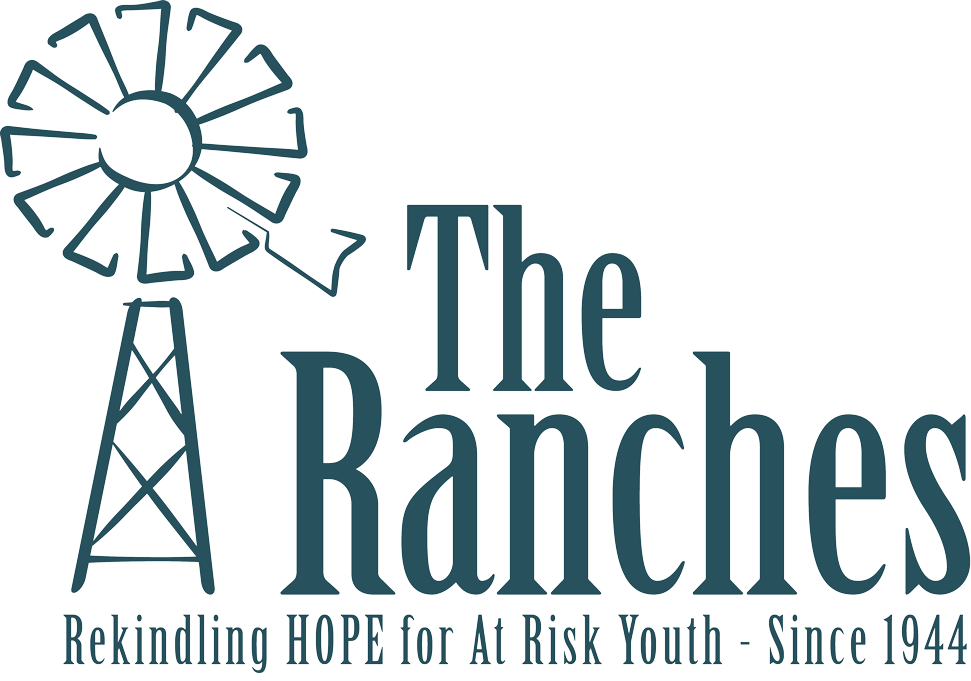While it is a simple question, it is one that very few people can answer and it is at the heart of many of the issues that our young people face today. Do we deserve prosperity and wealth? Do we deserve to pay for our sins and transgressions? Do we deserve forgiveness? Do we deserve a pain free existence? Do we deserve opportunity? As adults, we can wrestle with these questions at our leisure and we have the benefit of observing the evidence in our own lives and using that evidence to form our answers to these questions.
But what about children? Under the best of circumstances, dedicated parents and care givers teach and disciple children so that they understand problem solving and the relationship between actions and outcomes. Under the worst of circumstances, children are left to wonder and dwell in fear to the point that they fall into anger, rage, despair and disconnection. This ultimately leads to a conclusion, however false or misinformed, about what a child believes that they deserve. In most cases, the conclusion that they reach is false and is either overly optimistic and entitled or overly pessimistic and self-loathing. We routinely deal with the symptoms of a pessimistic view of what a child believes that they deserve.
Many of the children that we serve believe that they deserve to be mistreated because they are not good enough to have value. They also tend to believe that they will never, under any circumstances, deserved to be loved and valued for who they are and with no strings attached. They also typically believe that they are responsible for every relationship problem and that they are a burden and that people would be happier if they didn’t have to deal with them. This leads them to leave good relationships, stay in relationships that are harmful, constantly negotiate their boundaries and accept behavior in others that most of us would consider unacceptable. This typically leads to toxic relationships, lower achievement, feelings of worthlessness and desperation. Desperation for attention, affection, affiliation and love.
At The Ranches, we stress that everyone deserves to be responsible for their actions, everyone deserves the opportunity to work towards forgiving those that have hurt them and work towards earning the forgiveness of those that they have hurt. And everyone deserves to earn a life that they can be proud of. This doesn’t mean that we teach them to forget what has happened to them or ask others to forget what they have done. Forgiveness is about accepting what has happened and allowing yourself to be at peace with the past while being dedicated to preventing the same behavior from reoccurring in the future.
Once we can teach a child that they are not their mistakes and they are not damaged or worthless, we can wipe the slate clean and look toward the future with a realistic view. We can ask them what they deserve based on who they are and how they choose to live and interact with the world. Once we can take an honest look, we find that there really isn’t that much difference between the children that we serve and the adults that have the honor of serving children. We all deserve to be loved and to have healthy relationships that support and encourage us while holding us accountable.
Some us will end up getting less than we deserve at times and some of us will get more than we deserve at times. I have been fortunate enough in my life to be blessed beyond what I could possibly deserve and it is an honor to be able to share those blessings with the kids of The Ranches. To those of you that pass along your blessings to the children of The Ranches, you have my sincerest gratitude. They may not feel that they deserve it at the moment, but one day they will. And one day, hopefully, they will pass along your blessing to their own children.

